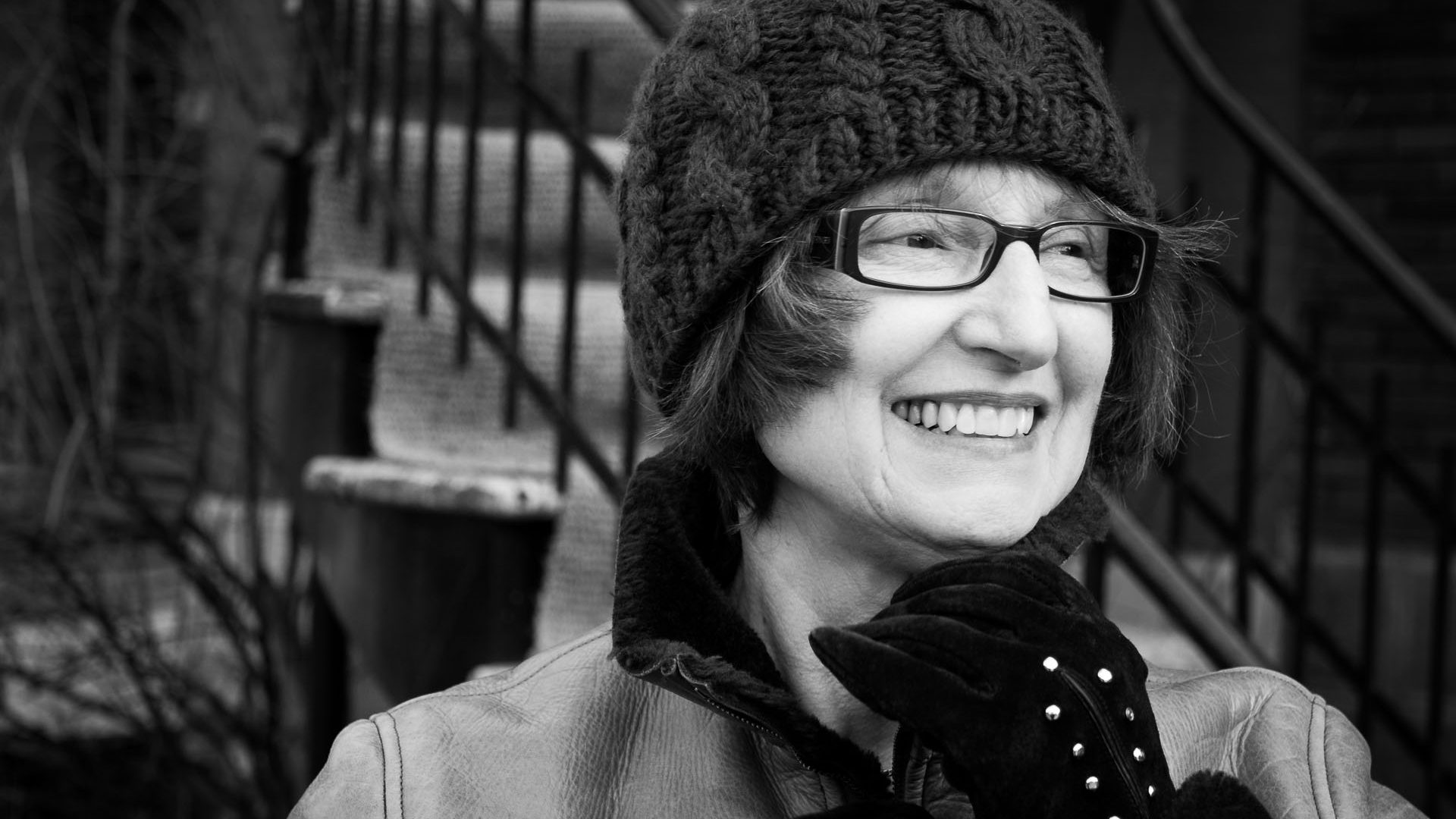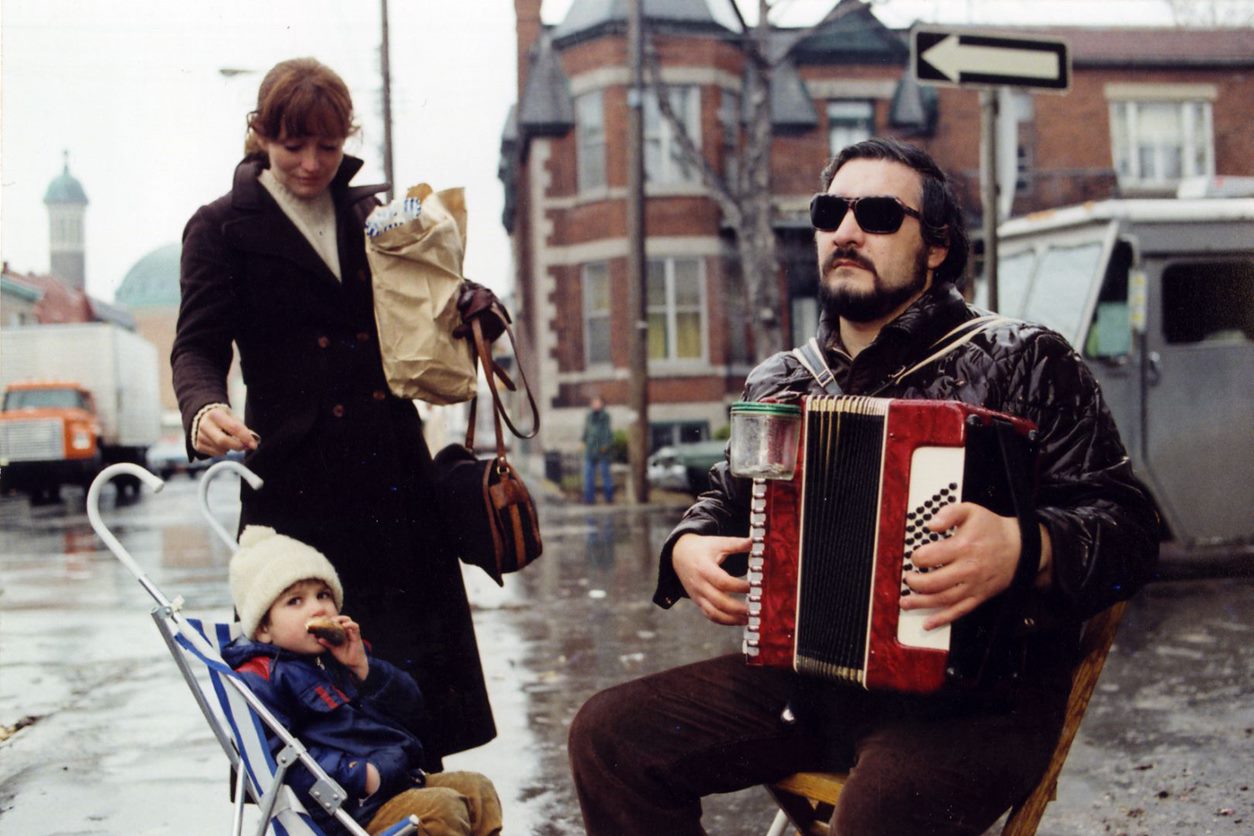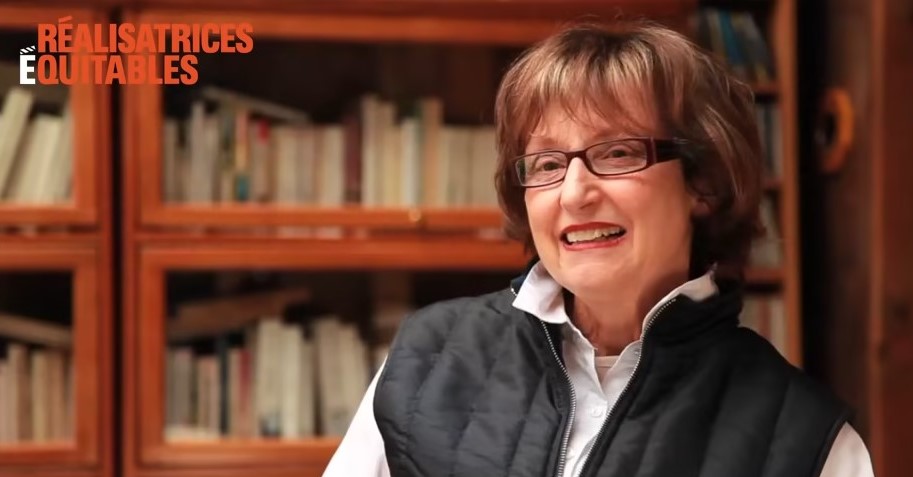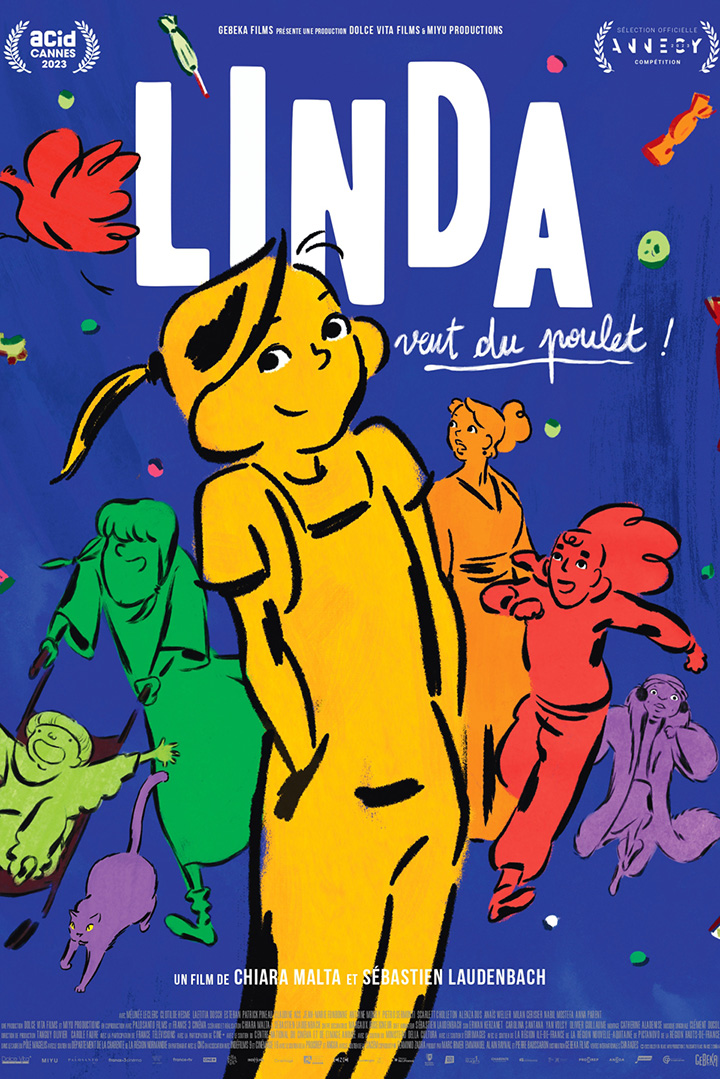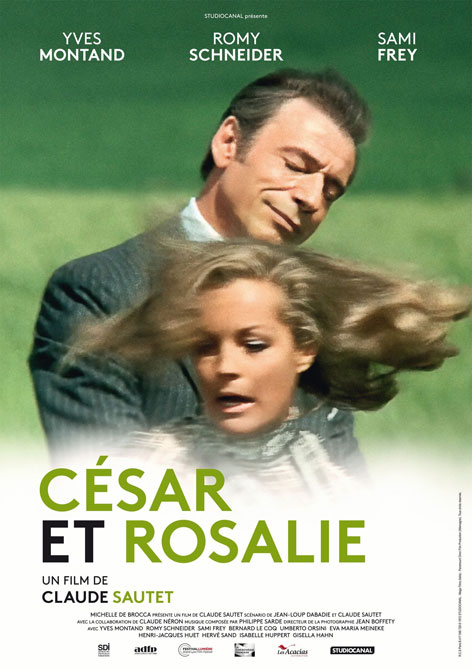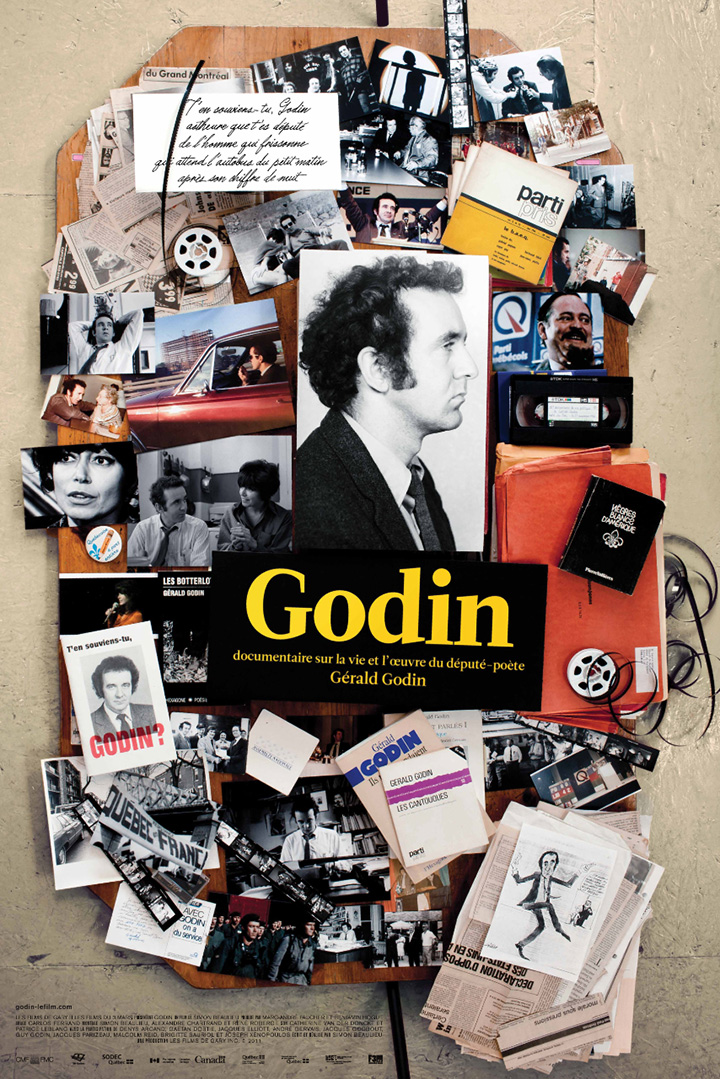L'arrache-cœur + Moi, un jour
La cinéaste a obtenu en 2022 la plus haute distinction décernée à un cinéaste québécois. À cette occasion la Cinémathèque québécoise tenait à souligner la contribution de l'une des pionnières du cinéma indépendant et du cinéma au féminin. Nous présentons quelques films rares, dont des versions restaurées par la Cinémathèque québécoise dans le cadre du Plan culturel numérique du Québec.
A 14-year-old girl talks about the boredom of her middle-class environment and puts her father and mother on trial. A walk on the mountain with her dog is a pretext to see life through the eyes of this teenager who feels foreign to the world around her. The dreams of freedom of a young girl from a middle-class background. The first film of the filmmaker.
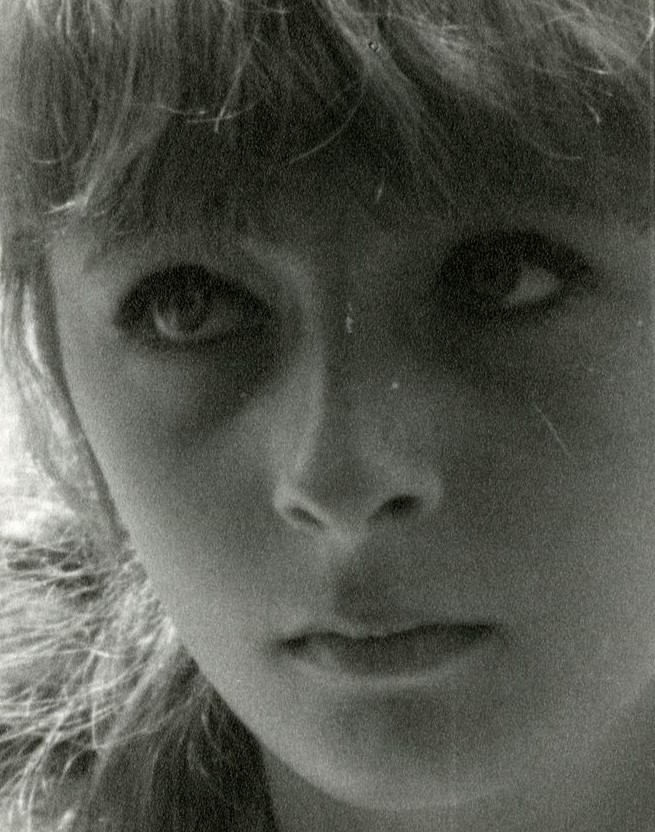
Céline must find her place in relation to her mother, her son and her husband, and tear herself away from the former to live completely with the latter. A film made of words and confidences, which sticks to the daily life, to express the emotions that a woman feels when she talks about her mother.
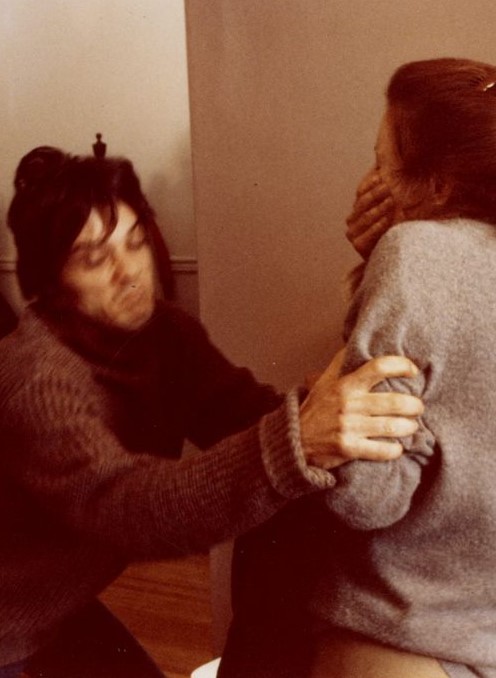
Mireille Dansereau
Mireille Dansereau was born in 1943, and grew up in a family belonging to the Montreal bourgeoisie, a background that would be a source of inspiration for her future work. She studied dance and literature while developing a passion for film. She began her career with small contracts at the NFB, where she made her first short film in 1967, Moi, un jour. As part of her Master's degree in film at the Royal College of Arts in London, she directed two feature films, Compromise and Forum. But it was upon her return to Montreal that the young filmmaker made the film that truly launched her career: La vie rêvée, in 1972. In this film, she addresses the condition of women, a central theme of her filmography, which she subsequently explores in documentaries made at the NFB under the direction of Anne Claire Poirier, and in two acclaimed fiction films, L'arrache cœur and Le sourd dans la ville. From the 1990s on, the essay form allowed her to explore family relationships while continuing to assert her feminine vision in the Quebec film landscape.
